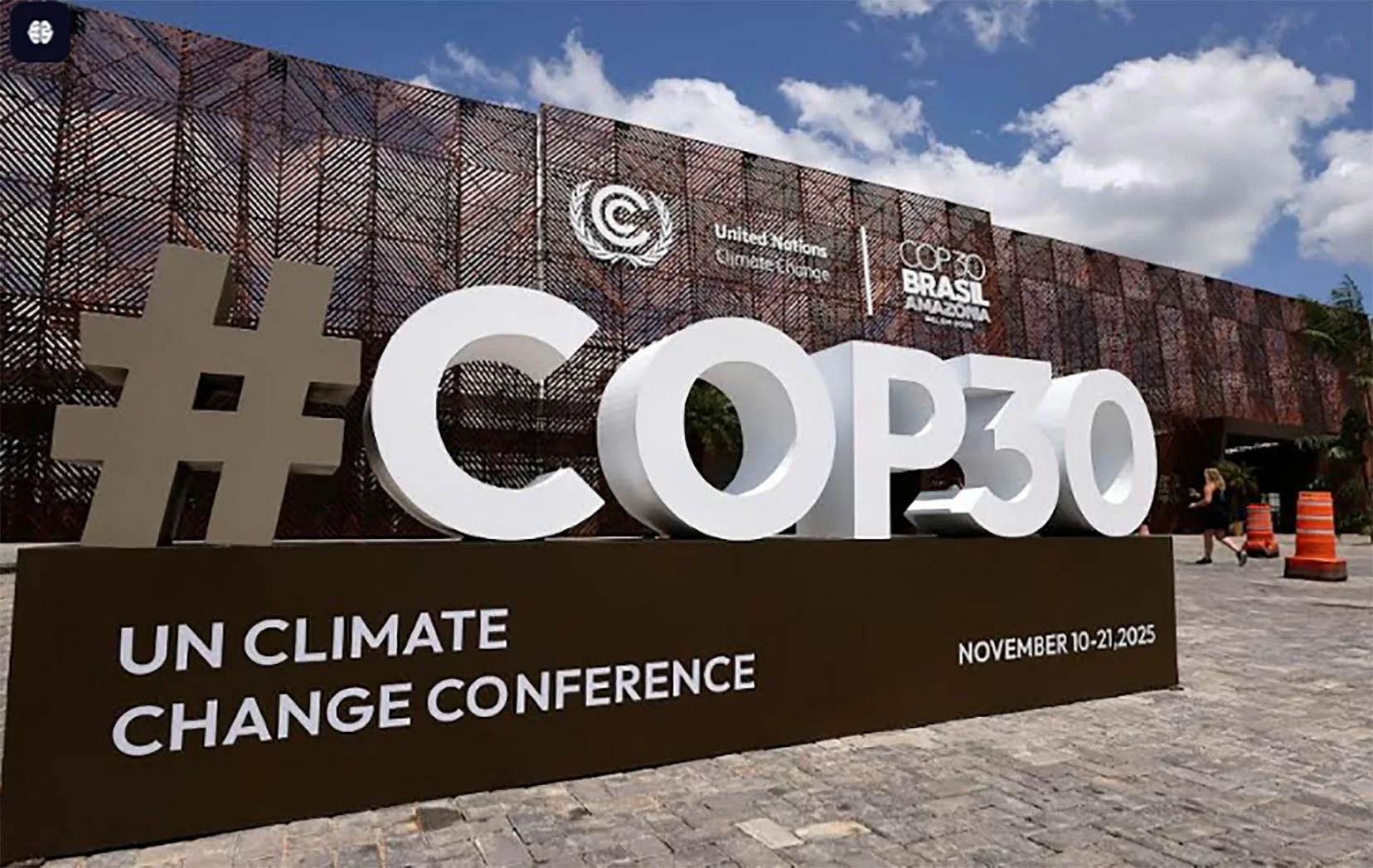At the Belém Climate Summit in Brazil, President Jennifer Simons of Suriname urged the international community to expedite access to climate financing for High Forest, Low Deforestation (HFLD) countries. Speaking during the summit’s opening session on November 6, Simons emphasized that funding climate action is not an act of charity but a shared global responsibility crucial for collective survival. She highlighted Suriname’s unique position as the country with the highest percentage of forest cover globally, yet stressed that this recognition alone does not bolster the nation’s economy. ‘We remove carbon from the atmosphere but receive no compensation for our efforts, which undermines our ability to preserve our forests,’ she stated. Simons pointed out that 75% of Suriname’s population resides in low-lying coastal areas already experiencing the impacts of rising sea levels. Indigenous and tribal communities inland are also feeling the effects of climate change, including floods, biodiversity loss, and extreme weather. These changes directly threaten livelihoods and key sectors like agriculture and tourism. The President expressed solidarity with countries recently hit by Hurricane Melissa, including Jamaica, Haiti, and Cuba, and called for swift and sustained international aid. Despite Suriname’s contributions to global CO₂ reduction through forest preservation, Simons noted the country’s ongoing challenges in accessing financial mechanisms agreed upon in the Paris Climate Agreement. Suriname has accredited 4.8 million Internationally Transferable Mitigation Outcomes (ITMOs) for 2024 and submitted its Net Zero Forest Reference Emission Level in January 2024, but it awaits official recognition from the UN Climate Secretariat. Simons called for predictable, long-term support for HFLD countries and the urgent removal of financial barriers. She also voiced support for Brazilian President Luiz Inácio Lula da Silva’s Tropical Forest Finance Facility initiative, aimed at achieving equitable climate financing and better recognizing the value of standing forests. Simons detailed Suriname’s recent submission of its Nationally Determined Contribution, reaffirming its commitment to sustainable development and the Paris Agreement. The strategy focuses on diversifying the economy through responsibly managed natural resources, including oil, promoting green growth, and protecting forests. ‘Suriname is doing its part. We expect major emitters to do theirs,’ she concluded, urging world leaders to support and implement the Belém Declaration on combating environmental racism.
